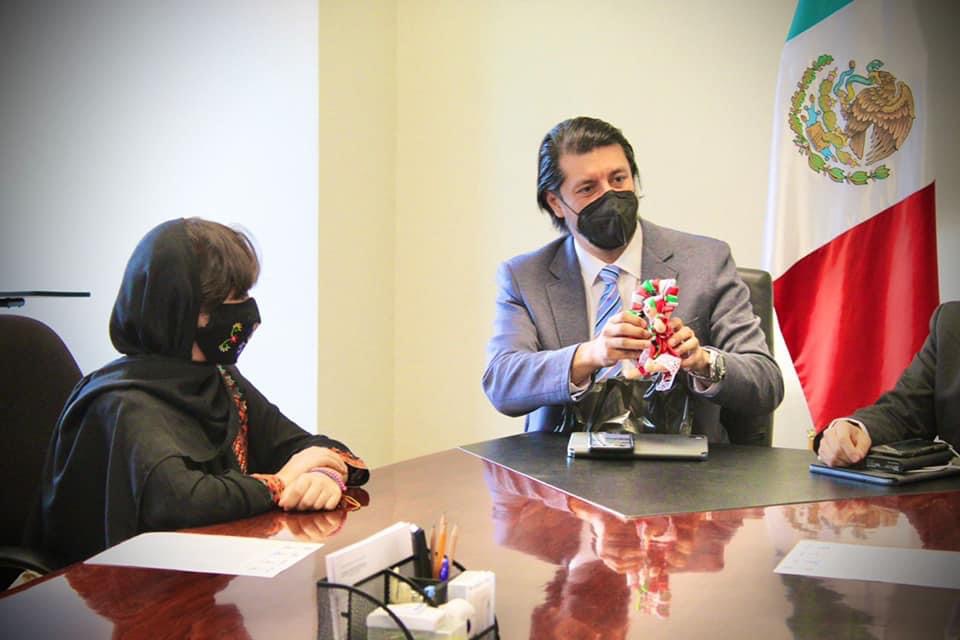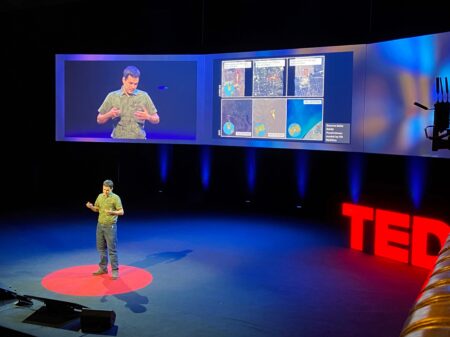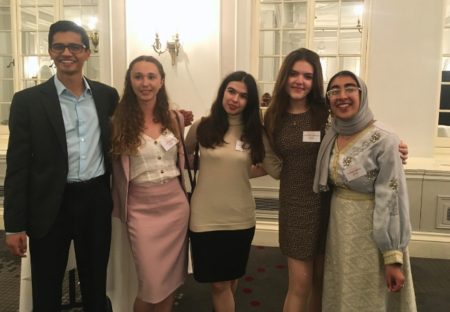My time in Oxford extended for almost a decade. Firstly, as a student, then as a tutor in comparative government and then as a part of the Development Office team, where I also assisted the Hertford Society. When leaving Oxford, the Hertford Society gave me an old print of the College that ended up finding a place in my bedroom, I see it every night and it is a spirited reminder of my life in Oxford.
Since then, I have achieved more than I could have ever imagined – I have worked at the apex of the government pyramid in Mexico and I have travelled the world representing my country advocating for human rights. Most recently, serving as the Director General for Human Rights and Democracy in the Ministry of Foreign Affairs of Mexico, I was in charge of overseeing the international policy agenda on human rights and democracy and I have represented my homeland at the United Nations Human Rights Council and other high-level international and intergovernmental fora. Representing your country in diplomatic environment is rewarding in many ways and requires all your knowledge and negotiation skills. It was in that particular capacity that I faced the most challenging role of my career, so far.
In late August 2021, I received a call that would change my life. Whilst preparing for the special session of the UN Human Rights Council on the situation in Afghanistan, I was contacted to explore the possibility of the Mexican Government evacuating and providing a safe shelter for the celebrated Afghan Robotics Team and their families — an all-female robotics team that has won international awards for its inventions — and other Afghan human rights defenders and environmentalists. My instinct said yes immediately, without knowing what I was getting myself into.
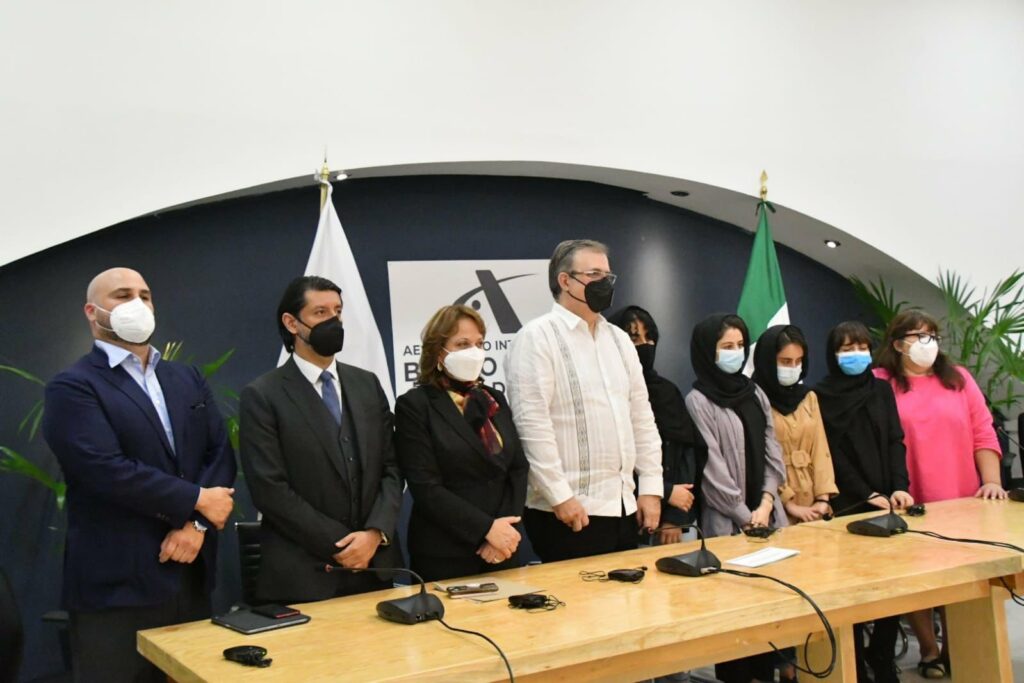
Using a good deal of negotiation skills and diplomatic resources, I managed to put together a rescue plan in less than 24 hrs. This included finding funding from different organisations to flying them across the world over to Mexico, all in the middle of the COVID19 restrictions. Just 48 hours before the collapse of the Afghan fragile democracy, they arrived safely in Mexico City. Upon their arrival, at a press conference, the members of the team reportedly said we saved their lives: “From now on forward we will have opportunities for many more achievements in our lives and thus be part of the fight for a better life”.
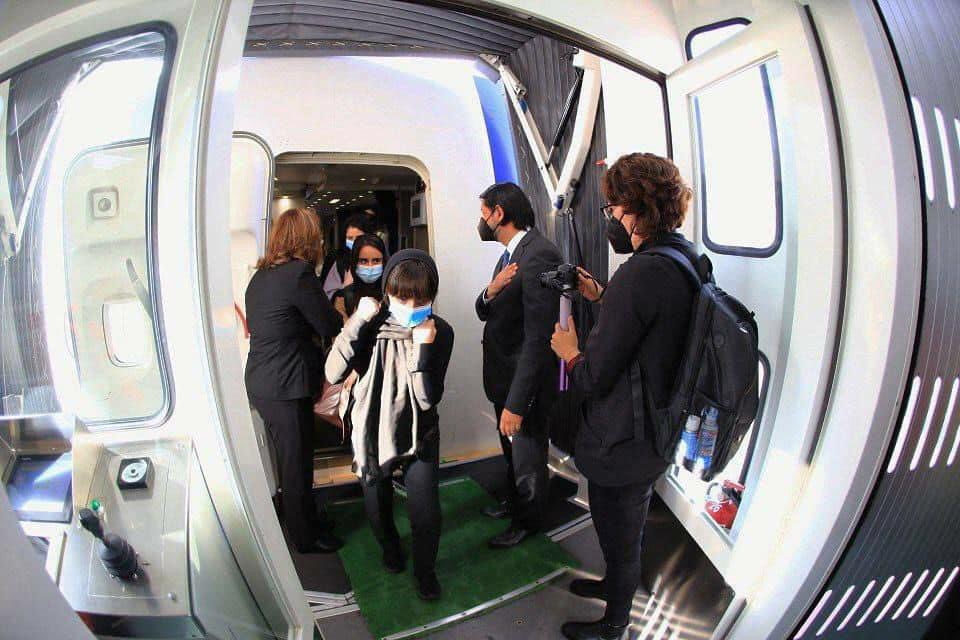
The rescue operation called massive amount of international media attention, and my phone was busy for the next weeks and months from people and organisations asking for help for other Afghan nationals. In the end, Mexico processed more than two thousand requests for asylum from Afghanistan. This episode of my career left the deepest mark on me (you can find the details of the special operation in a book published by Mexico’s Ministry of Foreign Affairs available here (pdf in Spanish).
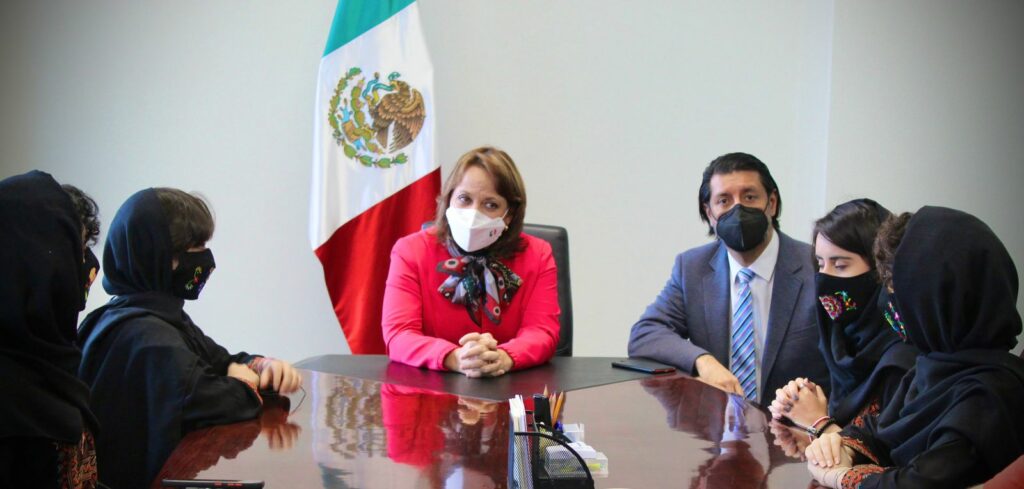
A couple of months after this, I had the opportunity to visit Oxford where I could admire the wonderful architecture and appreciate the home of many Nobel prices and prestigious scholars. Whilst in Oxford, I was certain of one thing; the knowledge cultivated in Oxford in combination with my further experience, is proving now to be beneficial not only for my country but for those in need around the globe. Over a cup of tea and scones, I looked at the new generation of students walking those lanes; and I could not help but imagine the contributions that all of them will make to the future.
